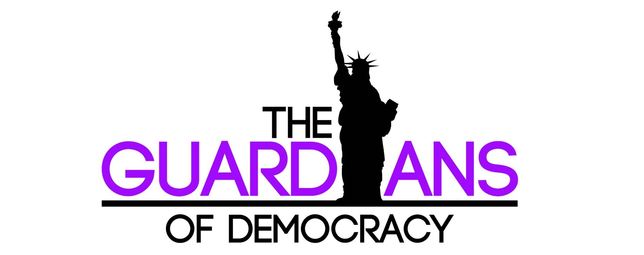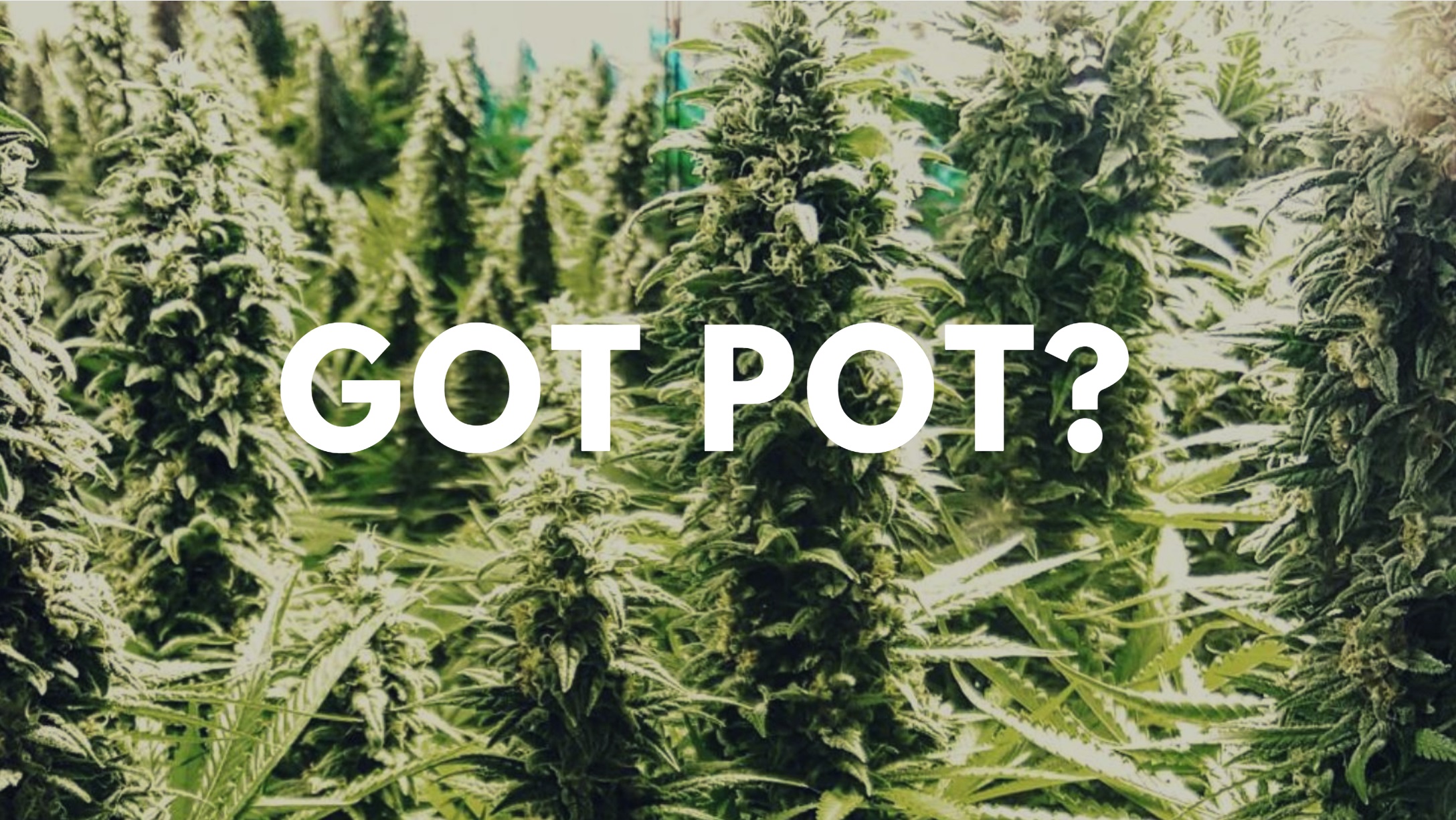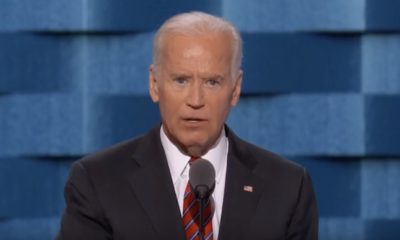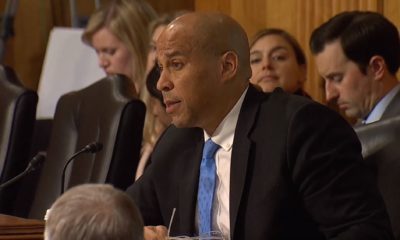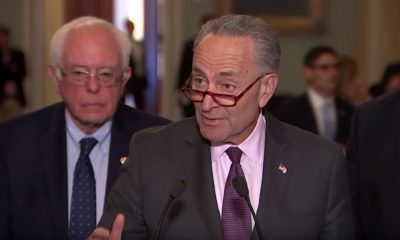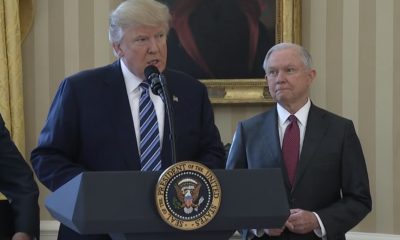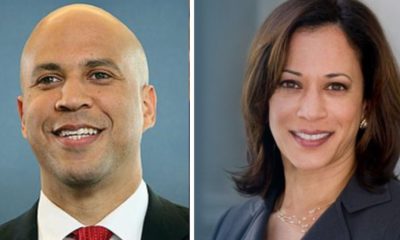Drug Liberalization
States That Have Legalized Cannabis Have Seen Fewer Opioid Prescriptions: Study
States with medical or recreational marijuana laws have seen fewer opioid prescriptions for Medicaid patients, according to a study published in the Journal of the American Medical Association (JAMA).
The study found that states with medical marijuana laws saw a 5.8 percent drop in the rate of opioid prescriptions for Medicaid patients, while states with existing medical marijuana laws that began allowing recreational use of the drug saw an additional 6.38 percent drop in the rate of opioid prescriptions.
“Overprescribing of opioids is considered a major driving force behind the opioid epidemic in the United States,” wrote the authors of the study, Hefei Wen and Jason Hockenberry.
“Marijuana is one of the potential non-opioid alternatives that can relieve pain at a relatively lower risk of addiction and virtually no risk of overdose.”
The Hill added:
Among the eight states that began implementing medical marijuana laws between 2011 and 2016, four had significantly lower opioid prescribing rates: Delaware, Massachusetts, Minnesota and New Hampshire.
Of the four states studied that have legalized marijuana for recreational use, three had significantly lower opioid prescribing rates during that same time period, the study found.
Currently, thirty states and D.C. have laws legalizing marijuana in some form, including the eight states and D.C. that allow recreational use.
Another study published in JAMA Monday found that in states where medical marijuana is legal, there was an 8.5 percent reduction in the number of daily opioid doses filled under Medicare Part D.
